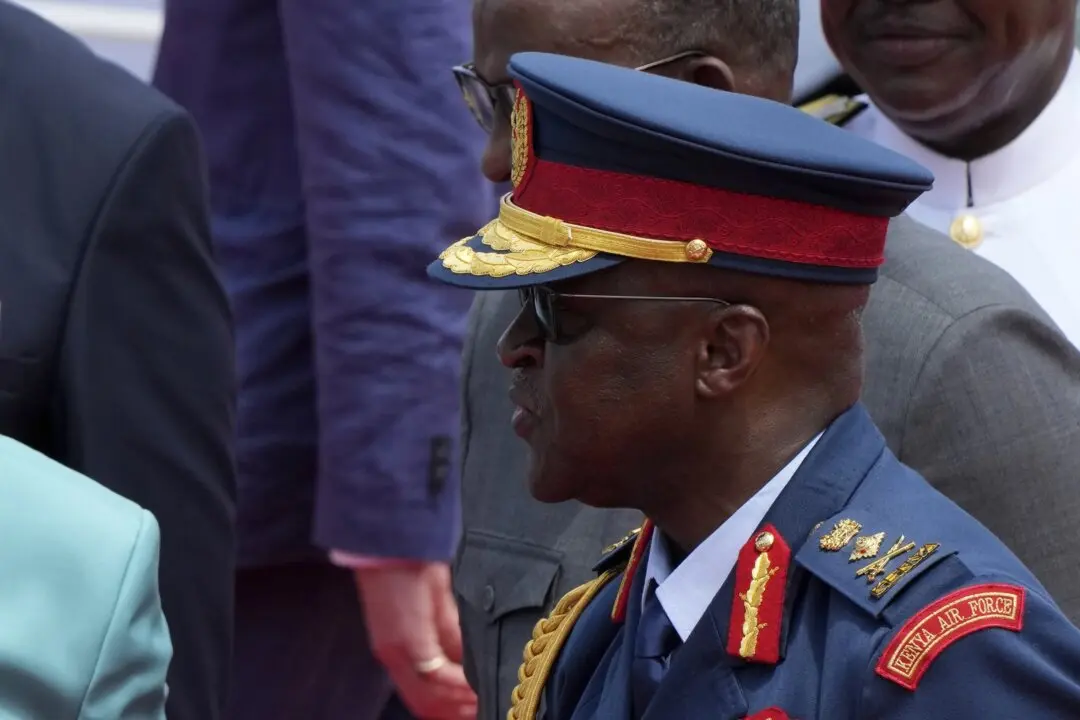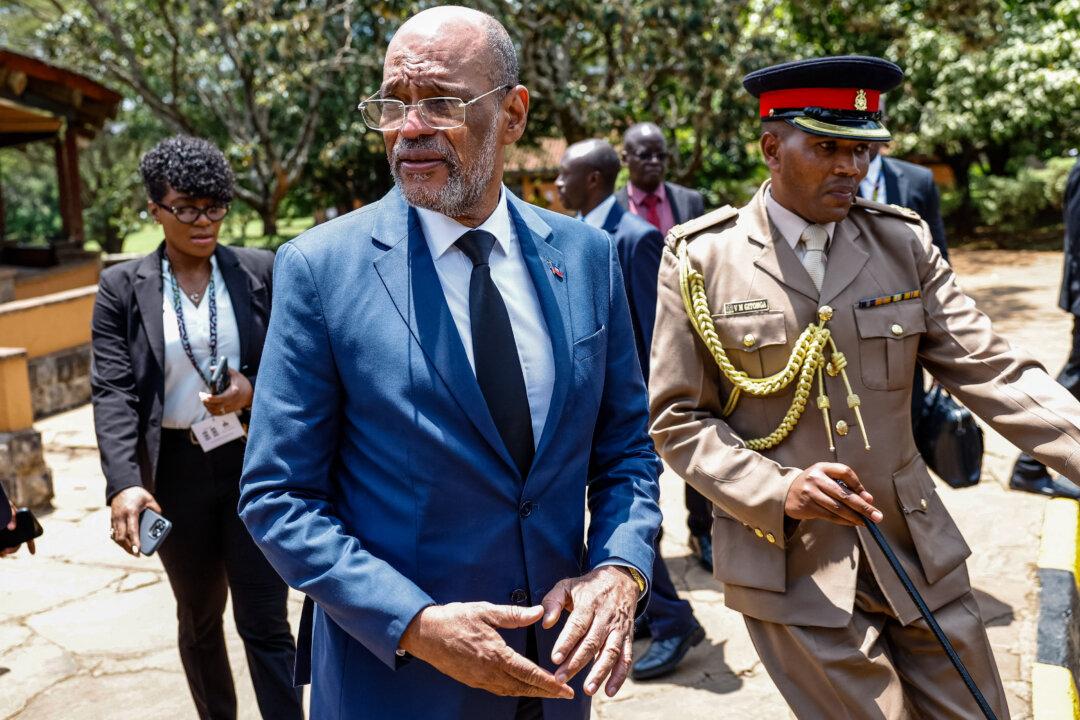AINAMOI, Kenya—On a fine Saturday afternoon at Ainamoi shopping center in Kenya’s Kericho County, Leonard Biegon takes a few colored chalks and sketches the names of the current and upcoming films he’s showing, on a board outside his video store.
Today, a Chinese film named “Twins Mission” is showing in Mandarin, but with a comic translation by a local DJ in Swahili and Sheng (Kenyan slang).





